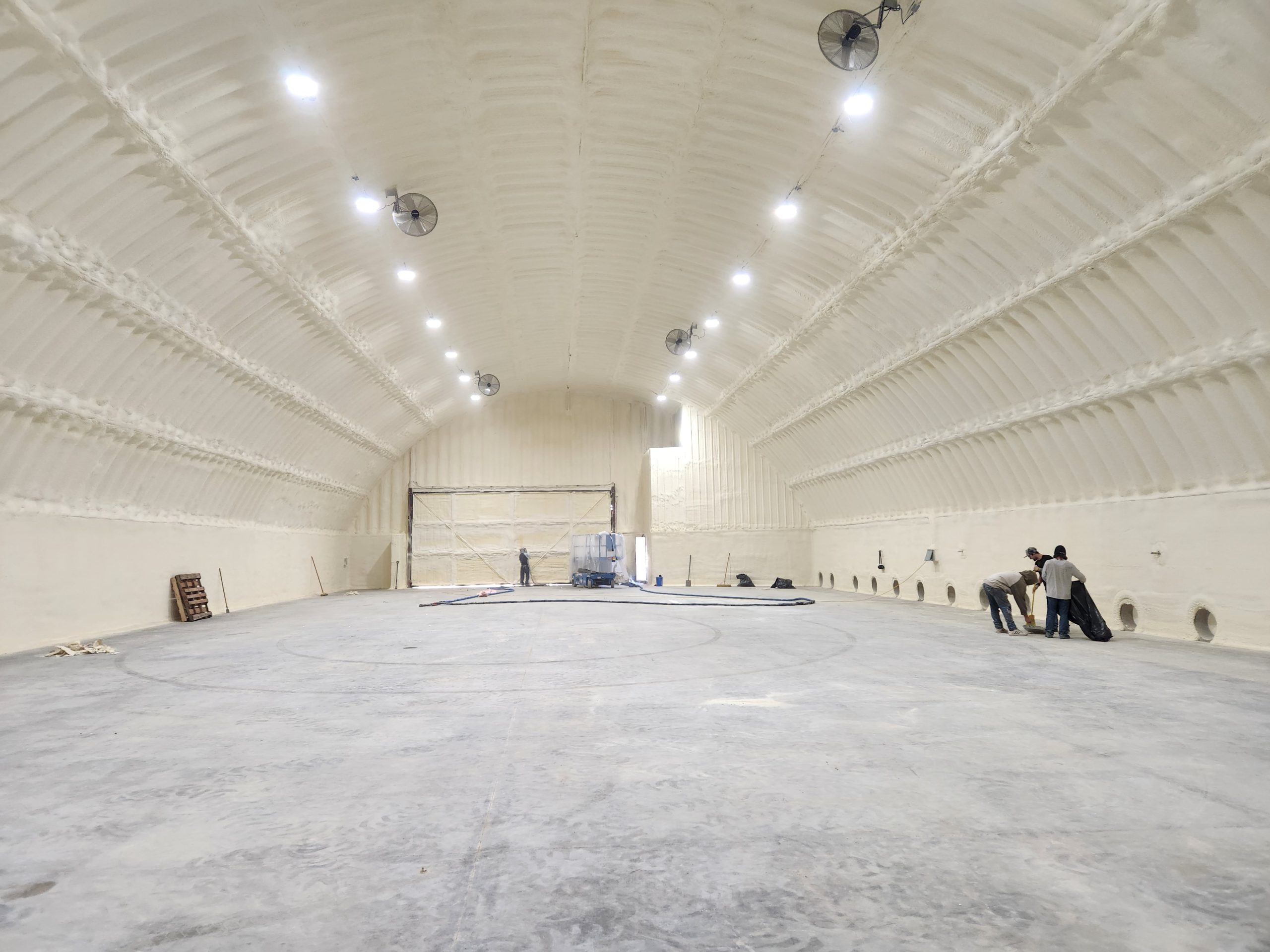Claim Your Free, No-Obligation Estimate Today
Get Started with Free Estimates
Request your free estimate and find the right insulation services for your property.

Elkhorn Insulation, Inc. offers more than standard insulation. They provide full-service solutions, including insulation, waterproofing, and epoxy coatings, to tackle high energy bills, drafts, noise, and moisture. Each project starts with a personal approach: Travis, the owner, is directly involved, ensuring every client gets dedicated attention and open communication. Their specialized knowledge means they’re equipped to handle complex jobs, including unique soundproofing needs that many competitors can’t match. With a focus on efficiency and comfort, their team tailors every service to fit the property and its specific challenges. Whether you’re a homeowner looking to lower costs or a business manager needing to meet code, Elkhorn Insulation, Inc. delivers quality work you can count on. For lasting comfort and energy savings, trust the local team committed to your property’s performance year-round.

Residential insulation services provide energy efficiency and comfort for homes of all sizes, from new builds to luxury properties. Commercial insulation ensures businesses and offices stay efficient, quiet, and compliant with building codes. Waterproofing protects foundations from moisture and mold, preserving property value. Epoxy coating creates durable, easy-to-maintain floors that look great in garages and commercial spaces. Every service is completed by a team dedicated to quality and customer care.
Elkhorn Insulation, Inc. delivers insulation, waterproofing, and epoxy coating services tailored to solve high bills, noise, and moisture issues. With direct owner involvement and broad expertise, they’re the trusted choice for property owners who want quality, reliability, and results.

Let a skilled insulation contractor in Townsend, MT and surrounding areas help you create a comfortable, efficient space. Whether you’re a homeowner or property manager, Elkhorn Insulation, Inc. will guide you through your options and deliver a solution you can trust. Reach out now to get started.
Request your free estimate and find the right insulation services for your property.
Here to help with all your insulation needs.
Townsend, MT
Mon - Fri: 7:00 AM - 5:00 PM
Sat - Sun: Closed
See where Elkhorn Insulation, Inc. serves your community, our map highlights Townsend, MT and surrounding areas, showing just how close reliable insulation and property solutions are to your home or business.